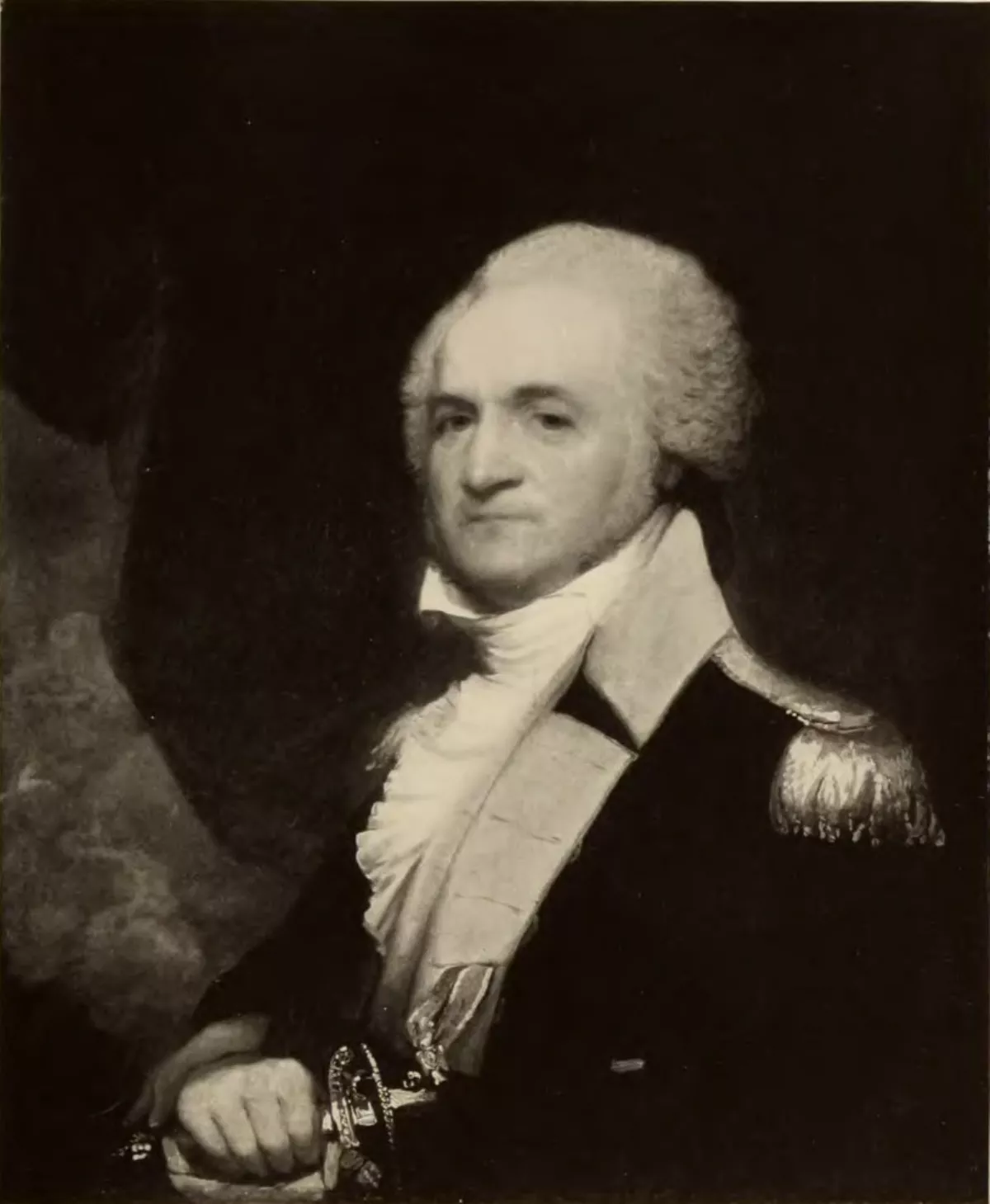 1.
1. Winthrop Sargent was an American politician, military officer and writer, who served as Governor of Mississippi Territory from 1798 to 1801, and briefly as acting Adjutant General of the US Army in 1791.

 1.
1. Winthrop Sargent was an American politician, military officer and writer, who served as Governor of Mississippi Territory from 1798 to 1801, and briefly as acting Adjutant General of the US Army in 1791.
Winthrop Sargent was one of eight children born to Winthrop Sargent and Judith Saunders.
Winthrop Sargent was the grandson of Colonel Epes Sargent, one of the largest landholders in Gloucester.
Winthrop Sargent graduated from Harvard College Class of 1771 before the Revolution.
Winthrop Sargent spent some time at sea, as captain of a merchantman owned by his father.
Winthrop Sargent was with his guns at the siege of Boston, and later served in the battles of Long Island, White Plains, Trenton, Brandywine, Germantown, and Monmouth.
Winthrop Sargent was appointed by the Congress of the Confederation as the first Secretary of the Northwest Territory, a post second in importance only to the governor, Arthur St Clair.
In 1788, Winthrop Sargent was elected a Fellow of the American Academy of Arts and Sciences.
Winthrop Sargent was a member of the American Philosophical Society elected in 1789 and an original member of the Society of the Cincinnati as a delegate from Massachusetts, and published, with Benjamin B Smith, Papers Relative to Certain American Antiquities, and "Boston," a poem.
Winthrop Sargent took up life in the private sector, developing his plantation Gloucester, the earliest such establishment in Natchez.
Winthrop Sargent was elected a member of the American Antiquarian Society in 1813.
Winthrop Sargent acquired extensive plantations due to his marriage to wealthy widow Mary Williams.
In Natchez alone Winthrop Sargent owned over 300 slaves and 11,000 acres.
Winthrop Sargent died on June 3,1820, in New Orleans.
Some properties of Winthrop Sargent were passed through the Natchez David Williams family who arrived in the 1700s according to Supreme Court case.
The Winthrop Sargent estate was worth several million dollars in 1700s currency and valued at nearly 10 million dollars in the mid-1800s when his heirs divided his estate.